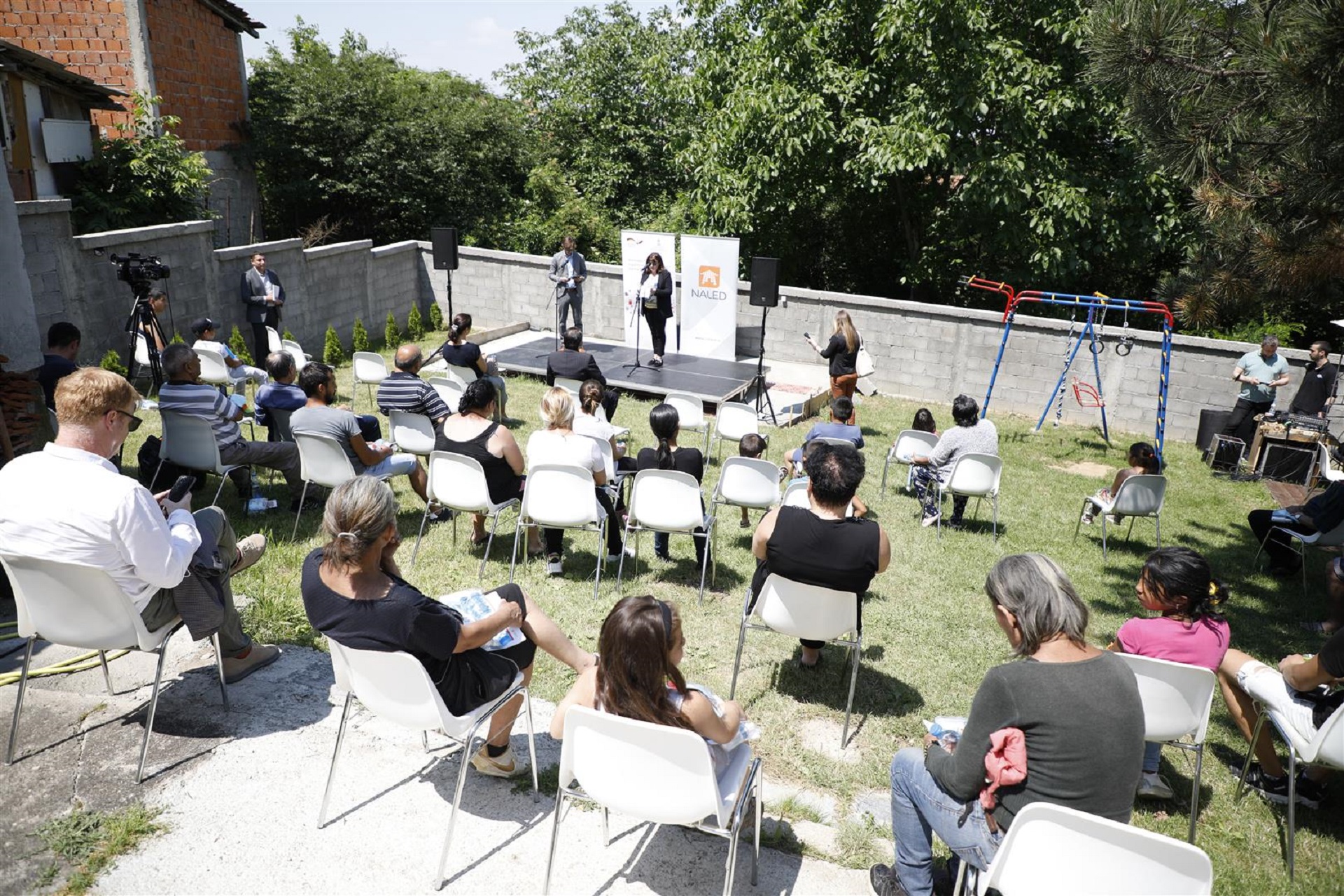A Law on solidarity companies is here after a 10+ year wait
After decades of work on the Draft Law on Solidarity Entrepreneurship, Serbia is on track to finally establish a legal framework in this field, involving nearly 1,200 companies. The law will help the long-term unemployed, victims of violence, people with disabilities, the homeless, returnees and other vulnerable groups find it easier to get a job, as well as lay the groundwork for further development of the country's solidarity economy.
According to statistics, there are two million solidarity companies on the European market (also known as social enterprises), which employ about 11 million workers, or 6% of the total number of employees in the EU.
- In Serbia, only 10,000 people or less than 0.4% of the total number of employees got a job in this way, and the key obstacles are the lack of regulations and incentives that would stimulate and facilitate investments in such companies, as well as awareness about all the problems solidarity companies can solve. The aim of this law is to define the term solidarity economy and conditions for acquiring the status of a solidary company, so that all entities operating in this area can acquire that status, as a prerequisite to receive financial support from the state, municipalities and other potential financiers. as well as to achieve tax relief and acknowledgment in public procurement procedures - says Neven Marinović, Executive Director of Smart kolektiv, a member of NALED.
According to him, the law will have a positive impact on the inclusion of other key actors necessary for the development of social entrepreneurship, such as financial institutions, international organizations and donors, who will be able to easily create special instruments and programs for these categories. The private sector will also be able to join the support system, by recognizing these entities and including them in their supply chains.
The main feature of solidarity economic entities is that they are established as a result of private initiative with the aim of offering sustainable solutions for community development, through social innovations, innovative products in the field of environmental protection and circular economy, social inclusion and other areas related to sustainable development.
Thus, the draft of the new law stipulates that if a solidarity entrepreneurship subject makes profit, 50% of that profit must be invested back into the company, either by hiring additional users from vulnerable categories or by developing new products and services, while management is based on democratic principles and provides a voting right to its users. In the event a solidarity company is closed, its assets are passed into the hands of another entity with this status.
Marinovic adds that an important novelty is that, in addition to entrepreneurs and companies, the status of solidarity company can also be assigned to citizens' associations, foundations and cooperatives, whose business and social mission are in accordance with the rules prescribed by law.
The draft law has been finalized and a public debate is expected, all as a result of a public-private dialogue initiated within a working group formed by the Ministry of Labor, involving the Coalition for the Development of Solidarity Economy, NALED and other civil society representatives, with the support of German-Serbian initiatives for sustainable growth and employment.
Why is this law being waited for more than 10 years? The working group was formed in 2010, and it is estimated that along with the lack of public-private dialogue, one of the obstacles in passing the law was the caution of the relevant ministry not to propose a law that would allow abuses when investing in solidarity companies. The current Draft Law has eliminated this risk by providing full transparency in the operations of solidarity entrepreneurship and the way incentives can be spent.
Additionally, all data on the company status, spending and receiving funds from the authorities and donors, will be publicly available through the portal of the Business Registers Agency, upon insight into electronic business reports that will be recorded in the registers kept by that agency. The line ministry will keep a list of solidarity companies that have abused their status, which will be formed on the initiative of solidarity entrepreneurship entities themselves, as they have the best insight into this area. The decision to place or remove an entity from the list will be made by a designated Government body, which will evenly include representatives of institutions and the non-government sector.



